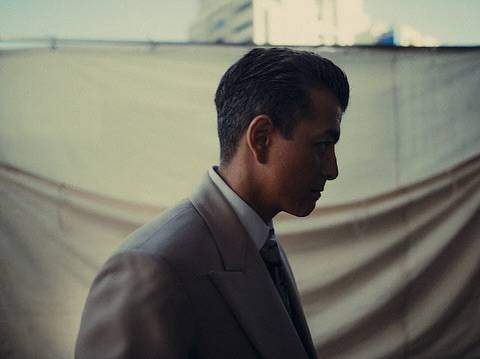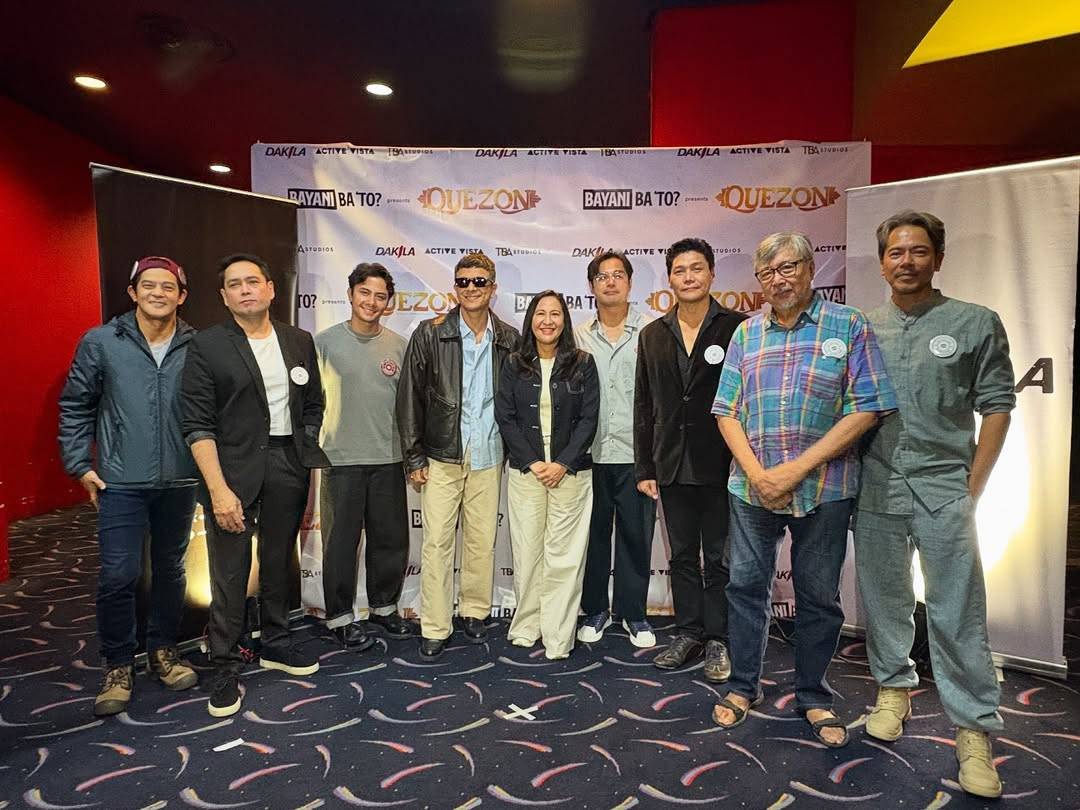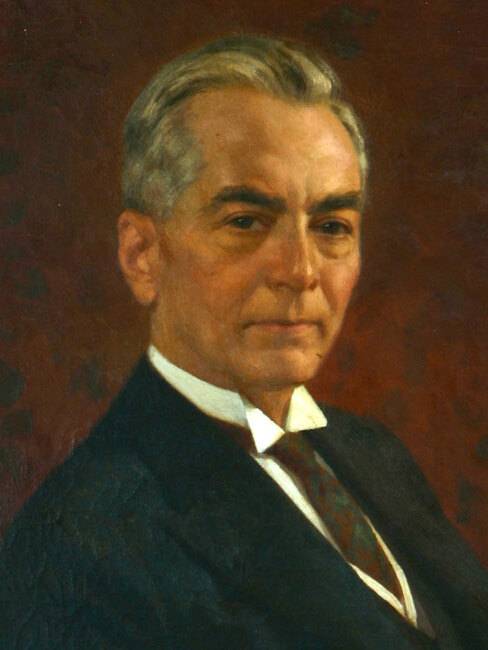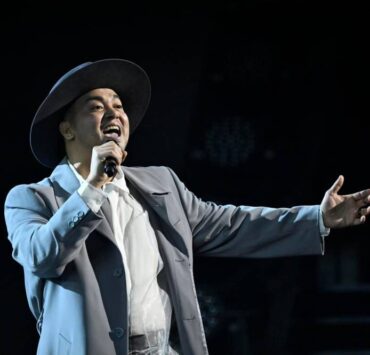Dakila’s ‘Bayani Ba’To?’ questions heroism and the contradictions of leadership

All heroes are leaders, but not all leaders are heroes. The problem is that we often confuse the two.
Dakila, through its learning institution Active Vista, announces the return of “Bayani Ba’To?”—a youth and educators forum, designed to challenge widely accepted historical narratives.
In partnership with TBA Studios, the forum’s latest edition centers on the upcoming historical film “Quezon.” Starring Jericho Rosales, Karylle, Iain Glen, Arron Villaflor, JC Santos, Mon Confiado, and Benjamin Alves, to name a few, the movie traces Manuel L. Quezon’s journey from ambitious lawyer to the Commonwealth’s first president—the man who brought the Filipino people their first taste of independence after hundreds of years.
Centered on the theme “MLQ: Mga Lingering Questions on Leaders, Legacy, and Liberty,” this year’s “Bayani Ba’To?” invites audiences to analyze Quezon’s life and legacy—a story that goes beyond hero worship to examine the complexities of leadership, power, and political legacy.
Beyond the pages of history
“Quezon” does not merely recount historical events. It also explores the contradictions of the ex-president’s rise, his political ambitions, and the cost of his decisions on the nation’s path to independence, drawing sharp parallels to the political realities that continue to shape Philippine society today.
According to historian Xiao Chua during the “Bayani Ba’To?” launch at Gateway Cinema 3 last July 26, Quezon was the model for modern-day Filipino politics.

On one end, Quezon would champion women’s suffrage and workers’ rights—a master at unifying and placating the masses—but behind closed doors, he was a populist through and through who practiced patronage politics for the benefit of those with vested interests.
“He was the master of the game. The game that all politicians now play,” says Chua.
The lengthy forum also brought to light Quezon’s conflicting history with women—who, despite his aforementioned advocacy, was accused of raping Tomasa Alcala in 1904. His defense? “With this kind of face, do I need to rape someone?”
And yet, he is positively viewed as a hero. Why? Because his manipulation was a means to an end: Philippine independence.
Chua, highlighting Quezon’s contradictory legacy, says, “He did not overstep the line, for he had a conscience. His heirs have none, and the law may be too weak. Quezon did not invent this game, but he helped institutionalize it. And probably after that, we made it worse.”

But regardless of who is appointed—whether they’re genuine and patriotic heroes, or ill-equipped leaders who prioritize self-interests—both fault and responsibility lie with the people. Rosales, who plays Quezon himself, says it best, “Quezon was both [hero and leader], but a leader first. But because of his leadership, naging idolo. When we start putting someone on a pedestal, ‘dun na tayo nagkakagulo.”
This marks the third collaboration between Dakila, Active Vista, and TBA Studios through the Bayaniverse, a journey that began a decade ago with “Heneral Luna,” followed by “Goyo: Ang Batang Heneral.”
The 2025 “Bayani Ba’To?” tour will reach 10 key cities across the country:
August
August 2: Dumaguete
August 9: Bacolod
August 9: Cagayan de Oro
August 23: Metro Manila
August 30: Cebu
August 30: Laguna
September
September 6: Bicol
September 6: Iloilo
September 20: Metro Manila
The forum features an exclusive 10-minute preview of “Quezon,” followed by a conversation with the cast and crew, and a panel discussion with historians, educators, and youth leaders.

















